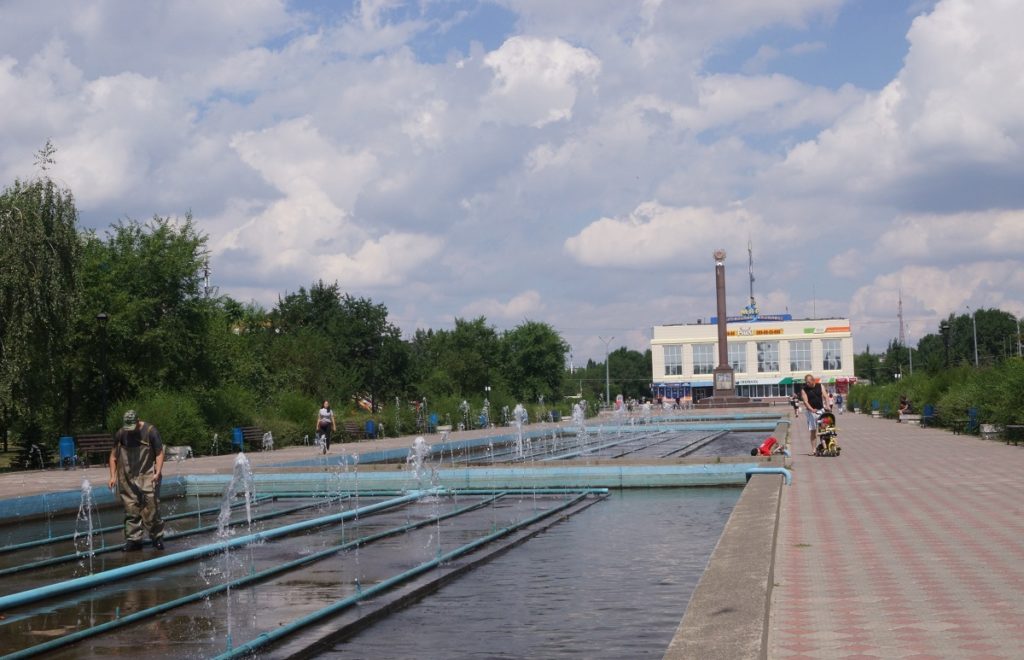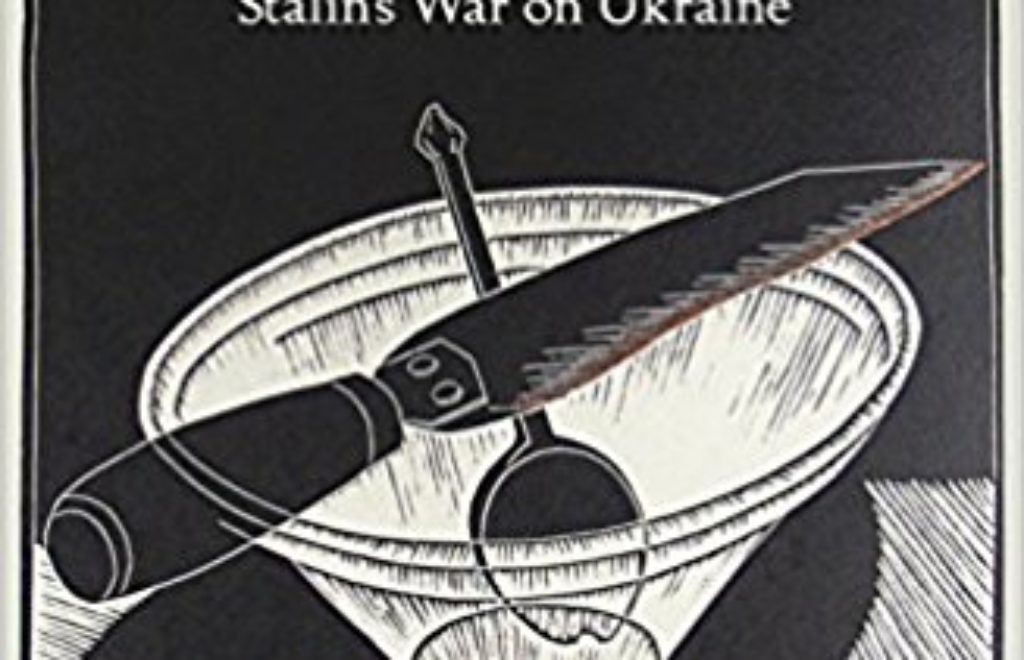In the autumn of 2017, Ukraine passed an education reform law. Its passing caused strong reactions of neighbouring states, especially Hungary, Russia, Bulgaria and Romania as well as commentators in Western Europe. Yet, these arguments largely represent an ideological narrative without any proper understanding of the provisions in the new legislation.
On September 28th 2017 Ukrainian President Petro Poroshenko signed the long awaited educational reform into law. Unexpectedly, some of the provisions were met with sharp criticism by neighbouring states. The issue that caused the biggest dispute was related to the language of instruction in the classrooms of ethnic minority communities in Ukraine. The passing of the law, and the international reaction it received, confirmed the still low level of understanding between European Union states and Ukraine and further revealed other conflicts that lie under the surface.
The law introduces serious changes within the education system. Ukrainian children are now required to attend school for 12 years and the law foresees changes in the system of organisation of school networks, their financing and instruction. The authors of the reform stress that its consistent introduction will lead to a decentralisation of education
January 2, 2018 -
Wojciech Siegień










































